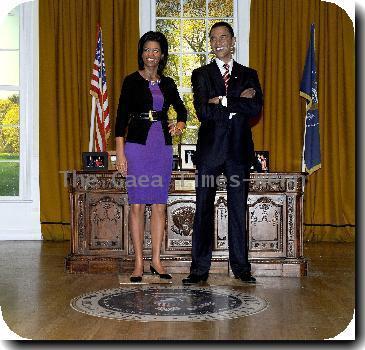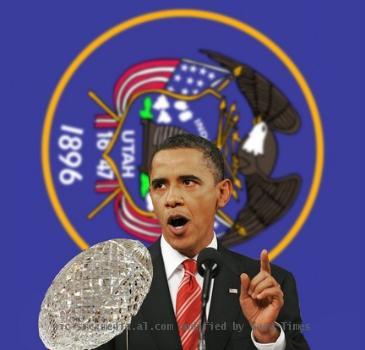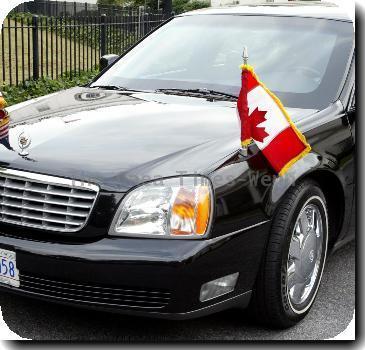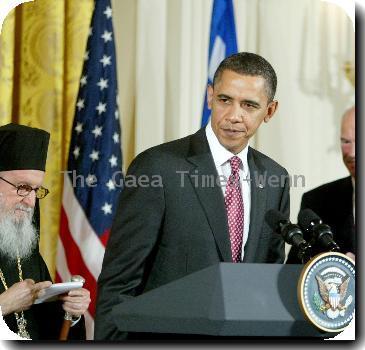World leaders struggle to find common ground to revive global economy with splits remaining
By Martin Crutsinger, APSunday, June 27, 2010
World leaders struggle for common economic ground
TORONTO — After achieving notable success in dealing with the worst economic crisis in decades, major countries are now struggling to manage the global recovery.
Leaders of the Group of 20 rich industrial and major developing countries were wrapping up their summit by agreeing to pursue separate strategies to sustain the fledgling economic comeback.
The United States continued to insist that stimulus spending is needed to bolster the rebound. But a growing list of countries, worried about a Greek-style debt crisis, prefer to cut government spending and raise taxes to attack ballooning deficits.
The G-20 conference was scheduled to conclude with a final round of talks Sunday on ways to attack global imbalances and how best to resolve differences on tougher global standards for the banking system, hoping to prevent a repeat of the financial crisis that struck in the fall of 2008.
The summit was launched in late 2008 to deal with the global financial crisis. Leaders of the older Group of Eight major industrial countries felt that the larger group, which includes major developing countries including China, Brazil and India, was the better forum to develop a broad economic strategy.
But reaching such a consensus has proved difficult.
Mindful that open signs of dissension could worry financial markets, the G-20 leaders sought to minimize their differences. They agreed that deficits must be tamed in the long term, but that different countries may use different tactics in the short term, depending on their levels of indebtedness.
However, the United States received some support for its warnings against cutting government stimulus too quickly.
“If we act hastily, if we are excessive in adopting the new fiscal policy adjustments, we could jeopardize the growth we have achieved,” said Brazil’s economic minister, Guido Mantega, who represented his country at the summit because President Luiz Inacio Lula da Silva remained at home to deal with a severe flood.
French President Nicolas Sarkozy told reporters that President Barack Obama “clearly talked about the risks of debt and deficit” in the U.S.
U.S. Treasury Secretary Timothy Geithner said world leaders understood they must work together to make sure the global recovery stays on track.
Such conferences have regularly attracted protests against the trend toward economic globalization.
But on Saturday they became violent. While earlier demonstrations had been peaceful, black-clad protesters broke off from a larger crowd in downtown Toronto, torching police cruisers, hurling bottles at police, and smashing windows with baseball bats and hammers.
The police arrested more than 150 people.
Tags: Barack Obama, Canada, North America, Ontario, Summits, Toronto, United States, World-summit





